Kenyan coffee riddled with doubts
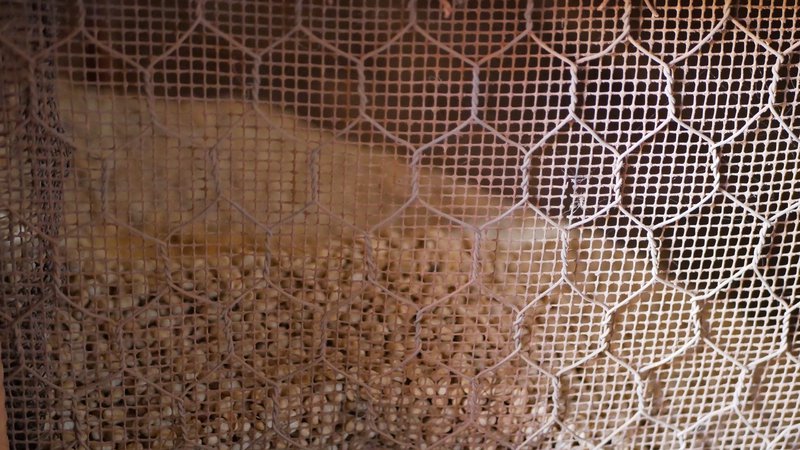
"If you could help us to make young people come back to coffee..."
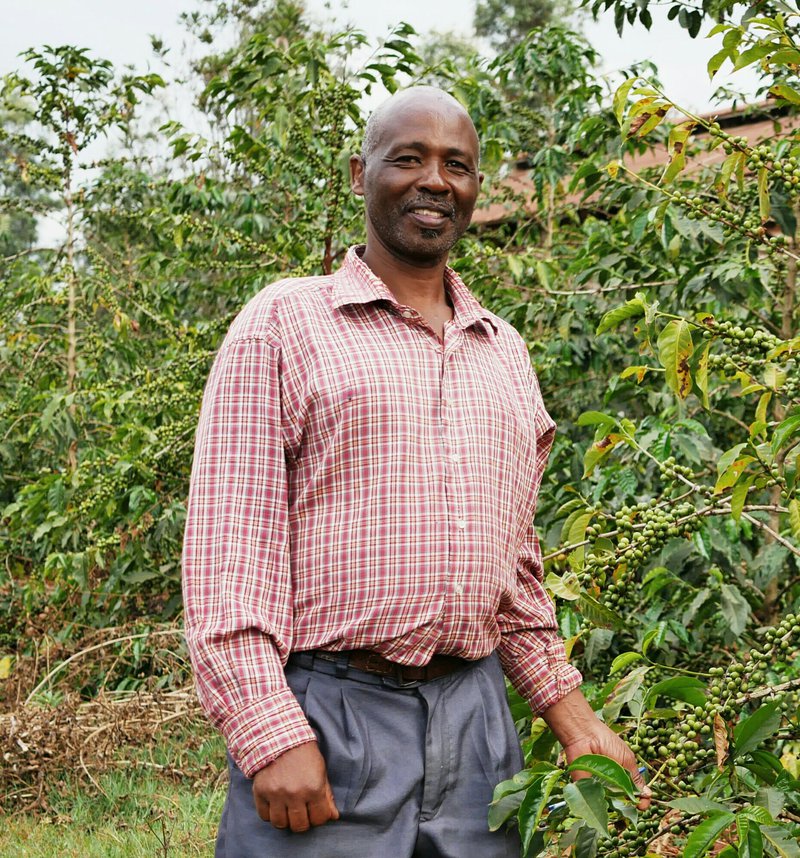
This is the main favor a coffee farmer asked us when we left the factory in Ruiru, the first that we were visiting.
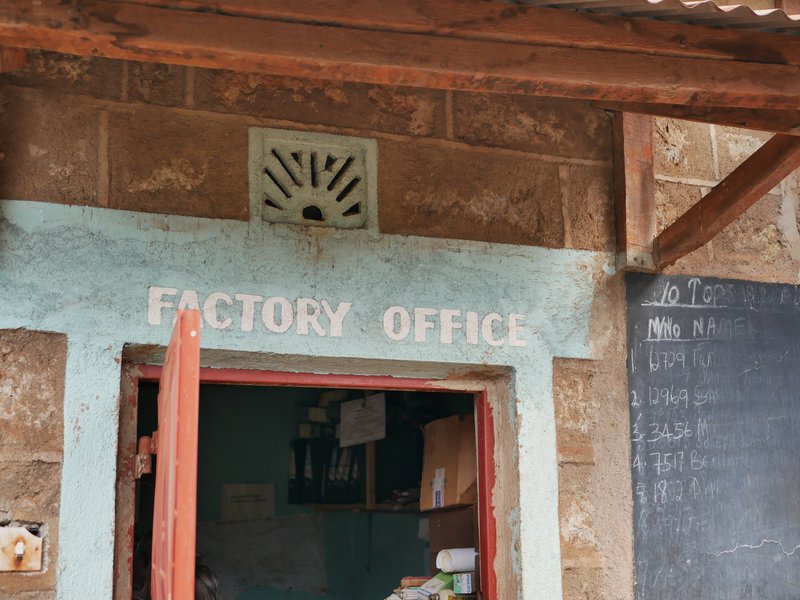
A factory like many others in Kenya's producing regions: Muranga, Nyeri, Meru, Kisii... A factory that has had its heyday and that now struggle to survive. They still have a lot of farmers members. But the level of production keeps decreasing years after years.
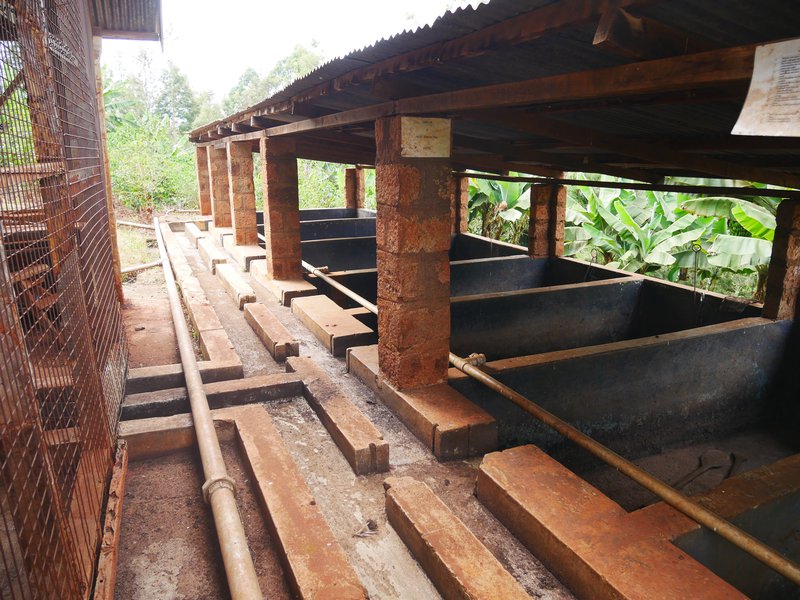
A nostalgic feeling seems to fall over kenyan coffee producers. A nostalgia for the good old days when there were a high production level, (up to 128,926 metric tons in the late 80's against barely 40,000 MT today), when coffee were flourishing as the most important agricultural export, accounting for as much as 40% of the total value of exports in some years, when people could actually live and earn good money with coffee.
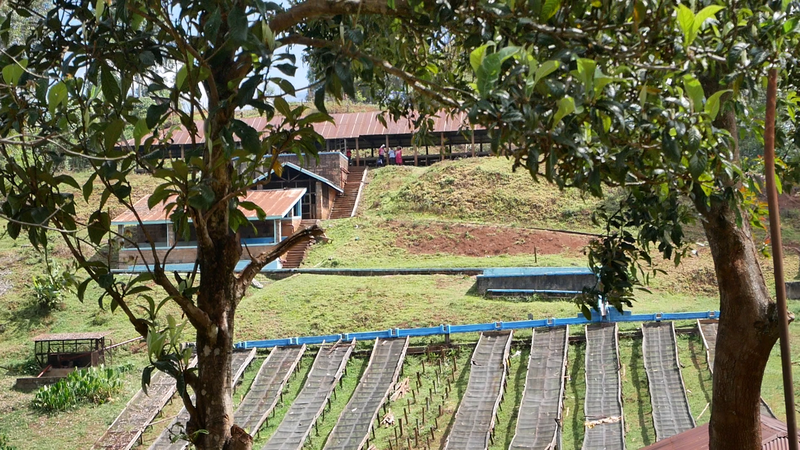
Today the coffee sector is aging and decreasing drastically. Farmers haven't been prepared to the big changes brought by the climate changes. They are begging for fertilizers and chemicals everywhere we're going to help them fighting diseases and pest and recover quickly their whole crop.
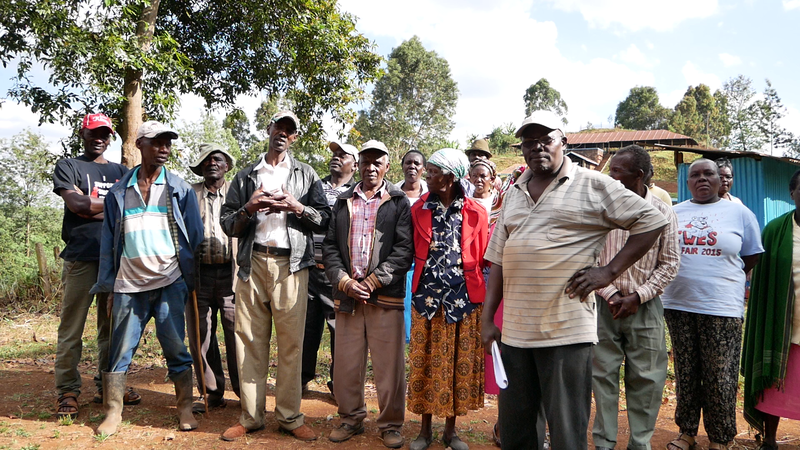
They are willing to work but they're also getting old and the new generation is fleeing coffee.
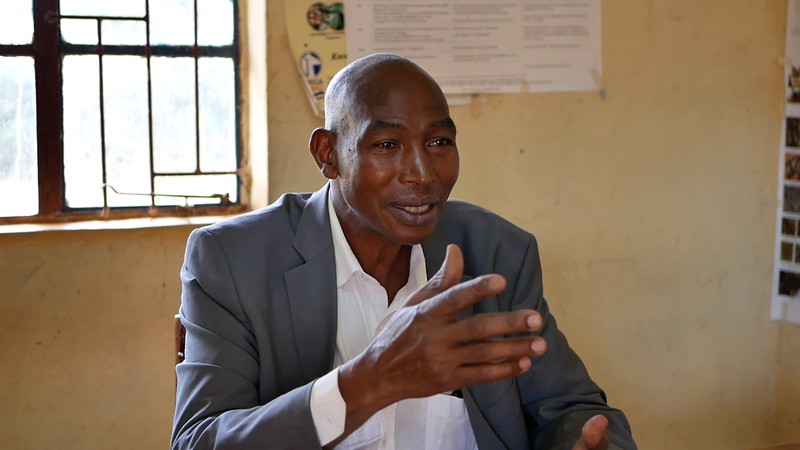
How come one of the most valued and demanded coffee of the world can conceal such a distress?
Sometimes along our visits, we have the feeling that kenyan coffee farmers have been left to their own devices. And this, despite of a very well organized and somehow complex production and marketing system (cf. publication on that subject Coffee in Kenya)
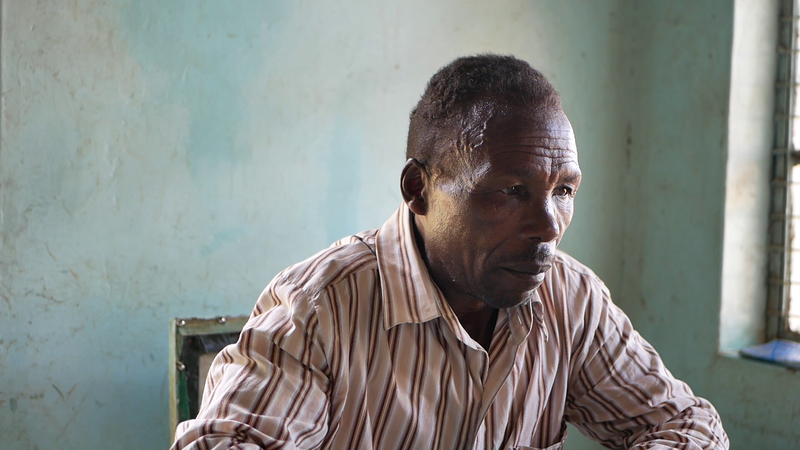
Coffee in Kenya, and it's probably not an isolated case, seems to be now considered as a fast crop, with coffee trees producing cherries from one year to another with hope that maybe the year after will be even better.
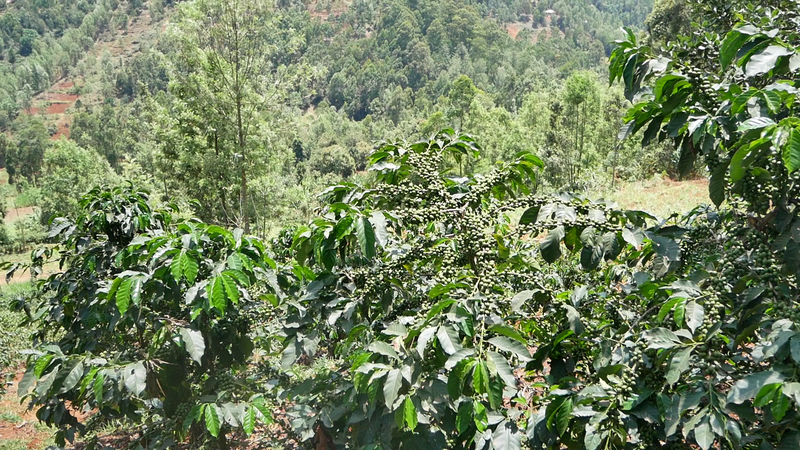
The main objective has always been to grow more and more coffee. Farmers have been taught how to rise their productivity, how to use costly fertilizers, fongicides and pesticides to have a consistent pest and disease management. And it worked... at least for a time.
They could protect their crop from the coffee berry disease or the coffee leaf rust. Their crop haven't been devastated by the coffee berry borer and other parasites... Until the past few years.
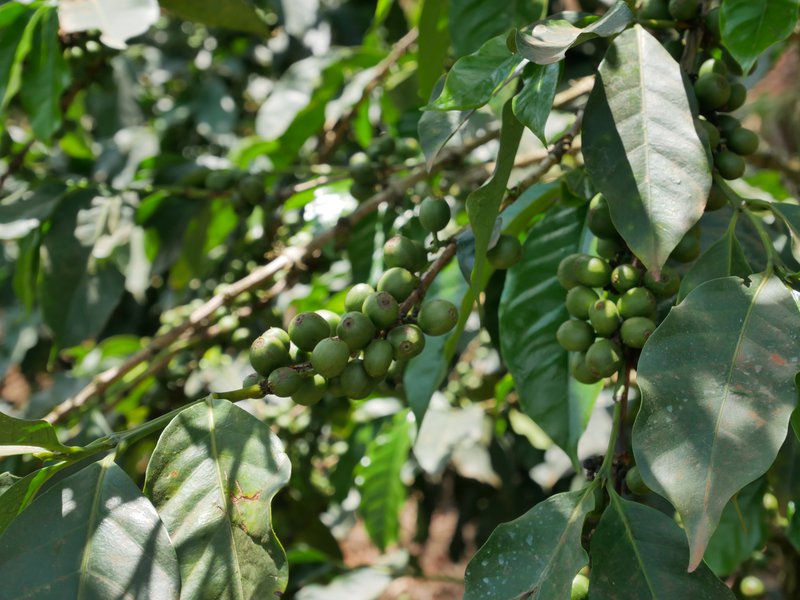
The climate is changing but not the game of the global market. Coffee remains a crop whose price is influenced by the law of supply and demand. And the current global over supplying is one of the cause of the current price rate, a price that not even cover the production costs.
The problems are expanding in places preserved until now, while solutions seem unreachable under the current situation.
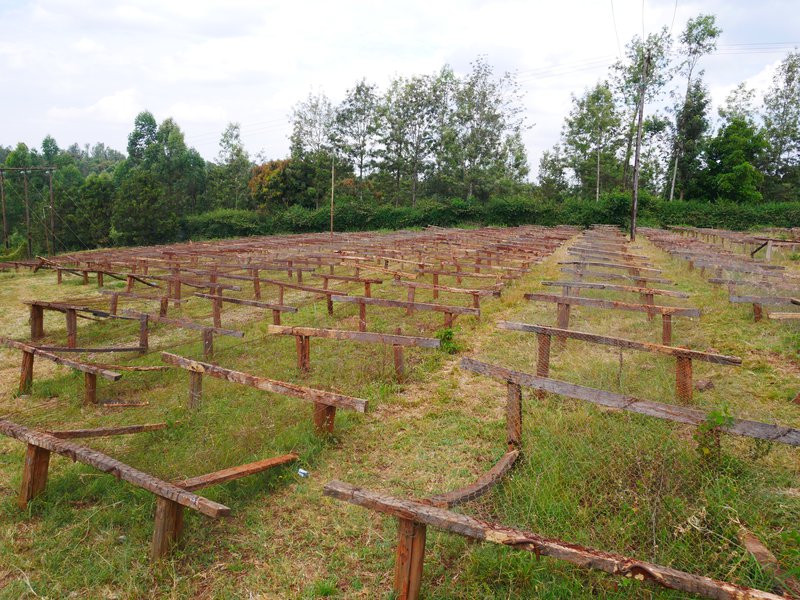
How can farmers have a better price if they cannot buy the inputs and the material they have always been using to manage their farm, to have a sufficient volume and a sufficient quality of cherry to deliver to the cooperative? That's the questions they are asking because it is the only resources they know.
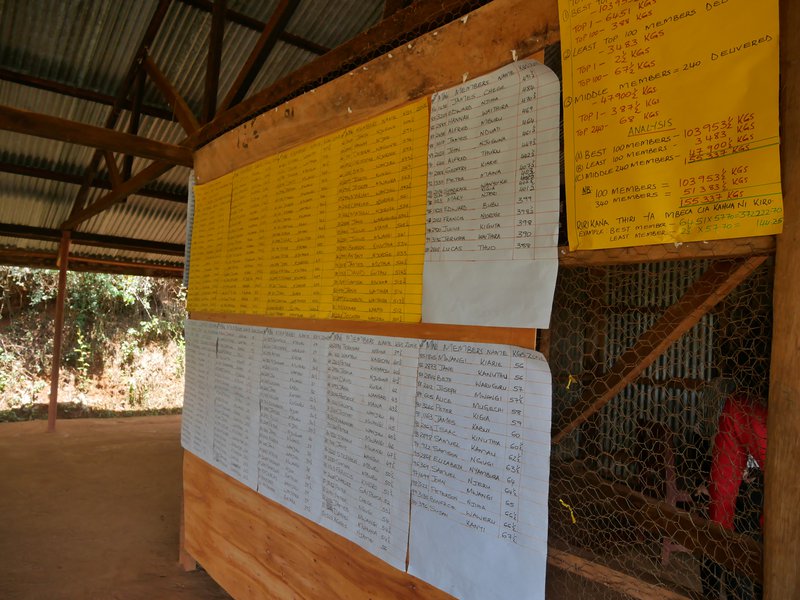
What about organic farm management? What about certifications? What about specialty coffee?
They would like to believe in it but it is not a shift that can be made from one day to another.
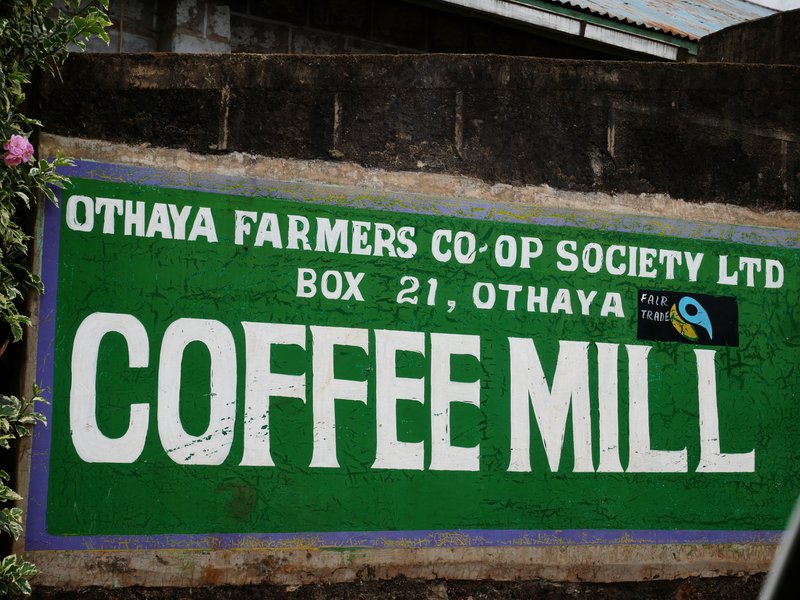
Farmers organized in factories and cooperative need support to help them internally and externally.
Internally, farmers need to be trained to improve farming management with little recourses, to substitute or graft old SL varieties with new ones more resistant to diseases and pests such as the Ruiru 11 and the Batian.
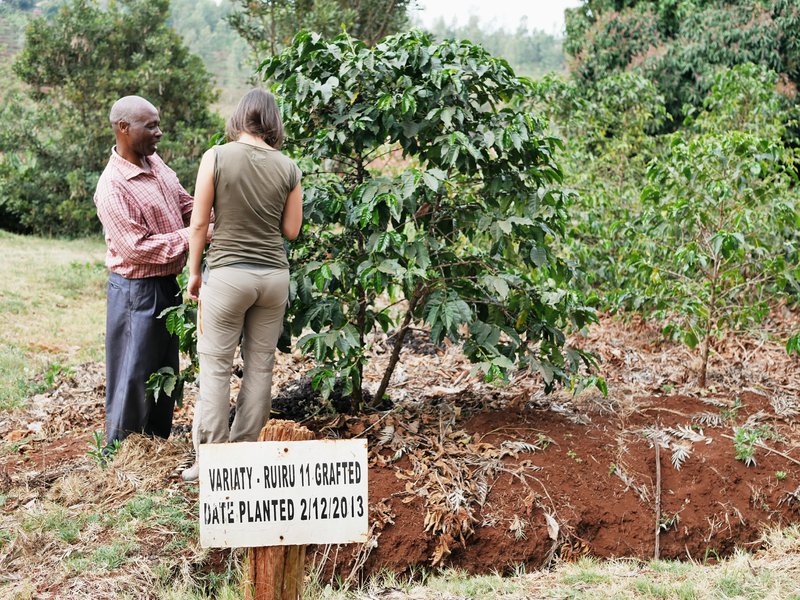
They would also need to be trained to go further than the simple delivery of coffee cherry, to understand how coffee process work, to be able to taste their own coffee. Most of the farmers indeed don't even know the taste of their coffee. Once they have delivered the cherries, they simply cannot afford to buy it.
So they buy and drink tea!
How can you know if your coffee is good if you don't know the taste of it, beyond the physical appearance of the cherry?
Farmers need to be empowered and this can be done within the structure of the cooperative.
Externally, farmers may also need to be assisted to reach better market.
They might have the legal capacity to sell their coffee directly, but they may not always have the money, skills, logistics or network to find good buyers.
They need to rely on an intermediary (marketing agent) to find potential buyers. And if this latter works with diligent, he will be transparent on the price and commissions paid at every level. He will also take the necessary measures to help the farmers addressing their current issues.
It is difficult though to know which partner you can trust or not in the jungle of coffee.
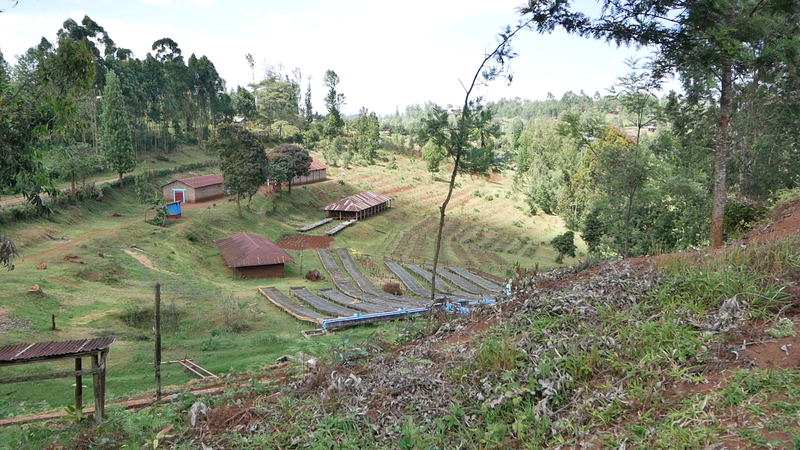

 Kenya
Kenya Colombia
Colombia Ethiopia
Ethiopia Guatemala
Guatemala Indonesia
Indonesia Mexico
Mexico Philippines
Philippines Tanzania
Tanzania Uganda
Uganda